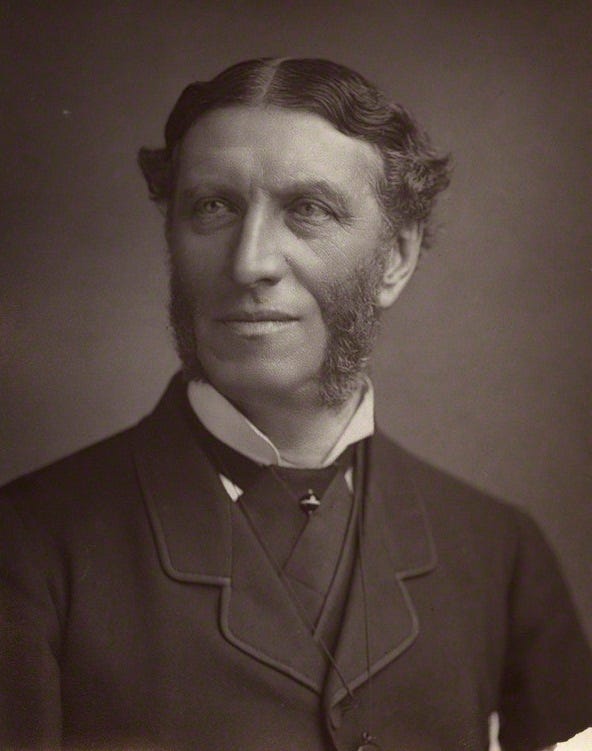Hi all,
A quick note on this newsletter’s new title.
I’ve felt a bit uncomfortable with the title “The Good Teacher,” simply because it’s prone to misinterpretation.
Until recently, I haven’t had a better alternative. But I came up with one several weeks ago. A word on where it comes from:
This fall, I made my 10th annual silent retreat at the Jesuit Retreat House at Demontreville—in Lake Elmo, Minnesota, on the northeast side of the Twin Cities.
The retreats follow a condensed version of the spiritual exercises of St. Ignatius of Loyola, the founder of the Society of Jesus. If, like me, you aren’t Catholic, you might not know what any of these words mean. So here’s a quick overview of what I’ve learned about Ignatius over these 10 years:
Ignatius, born in the late 15th century, was a young man with great aspirations for fame, military glory, riches, & romance. However, a gruesome injury in the Battle of Pamplona (he took a cannonball to the leg) left him with an extended convalescence. During his recovery, which involved the need to re-break and re-set his broken leg, he experienced a remarkable spiritual conversion and began writing the Spiritual Exercises—which center on an imaginative immersion in the life of Jesus throughout a normally 30 day silent retreat.
Though Ignatius’s calling wasn’t immediately clear even after his conversion, he persisted in following the new spiritual path he was starting to discern. Eventually, he & some friends founded the Society of Jesus, an order of priests within the Catholic Church. The Jesuits, as they became known, devoted themselves to preaching & teaching—Xavier, Marquette, Gonzaga, Creighton, Boston College are just a few of the American universities they would later found.
(For contemporary reference, Pope Francis is part of the Society of Jesus. As it happens, while studying abroad in Argentina in 2005, I attended mass at his cathedral several times; he was then serving as Archbishop of Buenos Aires.)

The Enduring Retreat
This all sets the context for the new title. The Enduring Retreat has three meanings, themes that all came together for me on retreat this year:
Over the last decade, these three-day silent retreats have been the cornerstone of my spiritual life, establishing the priorities and rhythms that I try to focus on each year. In that sense, I return home each year hoping my retreat endures throughout the next twelve months.
At the same time, as much as the three days of silence is deeply restorative, it’s honestly also incredibly difficult. The noise of our world, the distractions and chaos are so much a part of my daily rhythm. It takes days hours, even a day to a day and a half sometimes, to let go of all that noise and my body’s reflexive grasping for distraction, before I can feel comfortable in the silence, alone with my thoughts & prayer. In this sense, the retreat must simply be endured.
In a final sense, we’re all living in what is often called a secular age. As Matthew Arnold wrote, we hear the “melancholy, long, withdrawing roar” of the Sea of Faith as it ebbs from the world. There are plenty of good reasons to challenge the secularization thesis, or to not be troubled by it. But I think we have all seen and experienced the enduring retreat of faith—maybe from our own lives, or from the lives of our family members & in our communities. We can feel that same melancholy that Arnold felt when he wrote “Dover Beach” in the mid 19th century:
The Sea of Faith Was once, too, at the full, and round earth’s shore Lay like the folds of a bright girdle furled. But now I only hear Its melancholy, long, withdrawing roar, Retreating, to the breath Of the night-wind, down the vast edges drear And naked shingles of the world.

So, all that to say welcome to The Enduring Retreat. Thanks for your ongoing time & attention. As always, I’ll seek to be worthy of it. And as always, I’ll be grateful for your own thoughts and reflections.
Regards,
Matt




